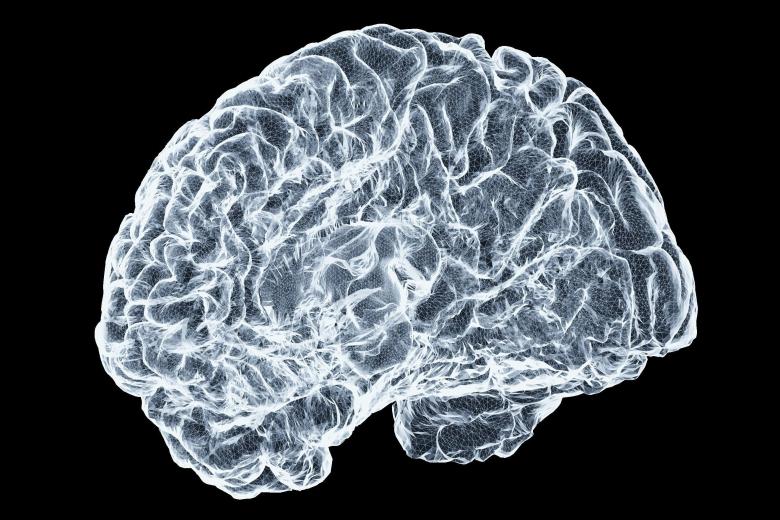UM Covid animation nominated for Webby Award
Professor Raimond Ravelli and researcher Kèvin Knoops of Maastricht University, and Jeroen Claus of Phospho Biomedical Animation, have been nominated for a Webby Award in the Science and Education category. Their animation The Lifecycle of Sars-CoV-2 is up against work by producers including NASA and the BBC. You can cast your vote for the Webby People’s Voice until 20 April via this link. The Webby Awards – the Oscars of all things digital – are presented annually by the International Academy of Digital Arts and Sciences.
In late 2020, Ravelli received funding from the NWA Science Communication programme. With a team of scientists and designers, he worked on the animation for a year and a half, aided by UM students and a number of Dutch coronavirus experts. The result is a unique animation explaining the lifecycle of the virus for a wide audience using real microscopic images of infected cells.
This is by no means the video’s first award nomination: it previously won in various categories during the international competitions of the NYX Awards, MUSE Awards and AVA Digital Awards. The team has also received requests for the video to feature in exhibitions on the Covid-19 pandemic, including a long-term exhibition at the national science museum in Taiwan.
Also read
-
Study Smart gets Dutch Education Premium
Maastricht University's (UM) interfaculty educational innovation project Study Smart is one of the three winners of the Dutch Education Premium 2025. This was announced on Tuesday during the Comenius festival in The Hague.

-
Most prestigious European grant to two UM scientists
Two Maastricht University professors are to receive the most prestigious European research grant for individual researchers: an ERC Advanced Grant, worth over €2.5 million. They are Lorenzo Moroni (MERLN) and Alexander Sack (FPN).

-
New insight into the role of brain changes in psychiatric disorders
It has long been known that in some psychiatric disorders certain parts of the brain show slight abnormalities. However, it was unclear whether these brain changes are caused by the illness itself, by medication, or by smoking. In a recent study, scientists at Maastricht University and Amsterdam UMC...
